Respect is important. Professor Christine Porath reportedly said “those who felt respected by their leader reported 92 percent greater focus and prioritization and 55 percent more engagement” in her survey of 20,000 employees worldwide. Respondents chose “respect” as the top behavior that they need from their leaders.
As the workforce becomes more diverse and many teams are working remotely, the need to communicate clearly and strengthen connections is more important than ever.
To address these challenges, Dr. Julie Pham has developed the 7 Forms of Respect® to help uncover how respect is communicated among individuals, teams, and organizations.
Respect is relative
Yet what does respect mean?
The 7 Forms of Respect® challenges the premise that respect is universal. Respect is relative.
Which forms of respect do you truly care about? Which forms come so naturally to you that you don’t even have to think about them? These are the ones you would do no matter what, even if you know the other person doesn’t care and that you’ll give even if you know they won’t be reciprocated. What about the forms of respect you expect from others? And if you don’t get them, you’ll feel disrespected?
About 30% percent of 7 Forms of Respect® Assessment respondents have two or more top forms of respect.
How 7 Forms of Respect® can help
Imagine having the framework to describe how you want others to treat you. Just saying, “I want to feel respected” is not clear and direct enough.
This framework helps you understand the ways in which people express respect and to spark curiosity around what and who influences how we expect respect. This leads to reducing misunderstanding and increasing awareness so you can collaborate more effectively with others. If you’re ever challenged by reading social cues, the framework can help you determine how others want to feel respected.
An overview of the 7 Forms of Respect®:
About 30% percent of 7 Forms of Respect® Assessment respondents have two or more top forms of respect.
The degree to which you give this form of respect may depend on the power dynamics of your relationship.
Procedure
These individuals feel most natural demonstrating respect by adhering to the established formal processes as well as informal expectations, reading instructions, fulfilling requests as they asked, and they set clear expectations of how they would like their requests to be fulfilled. Read More
Punctuality
These individuals feel most natural demonstrating respect by arriving at meetings on time or a little early. They let people know beforehand if they will be late or absent, even if they know others won’t mind. They stay on schedule and end appointments on time. Read More
Information
These individuals feel most natural demonstrating respect by sharing access to information, data, and intelligence, even to those who have no foreseeable need for it. They invite people to meetings just so they can stay informed. They give full updates and background information without being prompted. Read More
Candor
These individuals feel most natural demonstrating respect by asking probing questions, offering constructive feedback, bringing up opposing viewpoints, and pointing out mistakes and errors. They may express their displeasure with someone to their face. Read More
Consideration
These individuals feel most natural demonstrating respect by anticipating people’s wants and needs in choosing how to interact with them. When giving a gift, they prefer to surprise someone rather than ask what they would like. They avoid bringing up conversation topics to those they think they will find difficult to talk about such things. Read More
Acknowledgement
These individuals feel most natural demonstrating respect by thanking people for their work. They like to give positive praise and recognize their contributions verbally. Whenever possible, they will acknowledge their requests, even if they can’t fulfill them. Read More
Attention
These individuals feel most natural demonstrating respect by listening attentively, referring back to other people’s comments to indicate they heard, putting away possible distractions, and not interrupting except to ask clarifying questions. They do not multitask, even when they know others wouldn’t mind. Read More
How you express respect depends on the context. The 7 Forms of Respect® analyzes respect through various dimensions. With insights into your forms of respect you can work more effectively with others.


